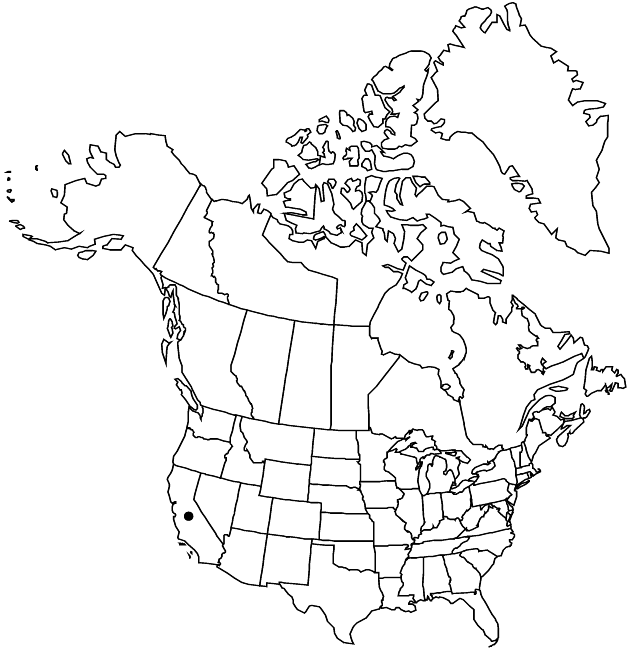Difference between revisions of "Calycadenia micrantha"
Sida 21: 261, figs. 1, 2B. 2004.
FNA>Volume Importer |
imported>Volume Importer |
||
| (2 intermediate revisions by 2 users not shown) | |||
| Line 48: | Line 48: | ||
|publication year=2004 | |publication year=2004 | ||
|special status= | |special status= | ||
| − | |source xml=https:// | + | |source xml=https://bitbucket.org/aafc-mbb/fna-data-curation/src/2e0870ddd59836b60bcf96646a41e87ea5a5943a/coarse_grained_fna_xml/V19-20-21/V21_666.xml |
|tribe=Asteraceae tribe Heliantheae | |tribe=Asteraceae tribe Heliantheae | ||
|subtribe=Asteraceae (tribe Heliantheae) subtribe Madiinae | |subtribe=Asteraceae (tribe Heliantheae) subtribe Madiinae | ||
Latest revision as of 20:13, 5 November 2020
Plants 10–50 cm (relatively slender); self-compatible. Stems (often purplish, especially distally, slender, usually less than 3 mm diam. at bases) branched (branches often relatively many, usually from near midstems, arcuate to ascending), glabrous. Leaves mostly alternate, 2–5 cm (proximal), hispidulous and ± long-hairy (especially margins and adaxial faces). Heads borne singly or in ± spiciform arrays (1–3 per node, ± sessile). Peduncular bracts lance-oblong to linear, 2–4 mm (nearly terete to strongly flattened, glabrous or hispid overall, sometimes pectinate-fimbriate), apices ± rounded, tack-glands usually 1 (terminal). Phyllaries 4–5 mm, abaxial faces glabrous or ± hispid distally or sparsely bristly, shaggy long-hairy on margins distally, tack glands 0(–1) (terminal). Paleae 5–6 mm. Ray florets 1–3(–6); corollas bright yellow, tubes 1–1.5 mm, laminae 2–2.5(–3) mm (central lobes smaller than laterals, oblong to narrowly triangular, symmetric, widest at bases, laterals asymmetric, sinuses 1/4 laminae). Disc florets 1–3; corollas yellowish, 3–4 mm. Ray cypselae ca. 3 mm, rough-wrinkled, glabrous. Disc cypselae ca. 3 mm (seldom formed, terete and tapered toward bases, smooth to ± ridged, glabrous); pappi 0. 2n = 14.
Phenology: Flowering usually Aug–fall.
Habitat: Dry, open, rocky ridges, hillsides and talus
Elevation: 300–1500 m
Discussion
Calycadenia micrantha is most closely related to variants of C. truncata and is found in the North Coast Range from Trinity County to Lake and Colusa counties. Calycadenia truncata subsp. microcephala H. M. Hall ex D. D. Keck may be a synonym of C. micrantha. D. D. Keck (1960b) reported this to be on the east slope of the Santa Lucia Mountains of Monterey County.
Selected References
None.
